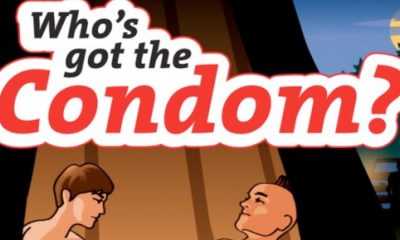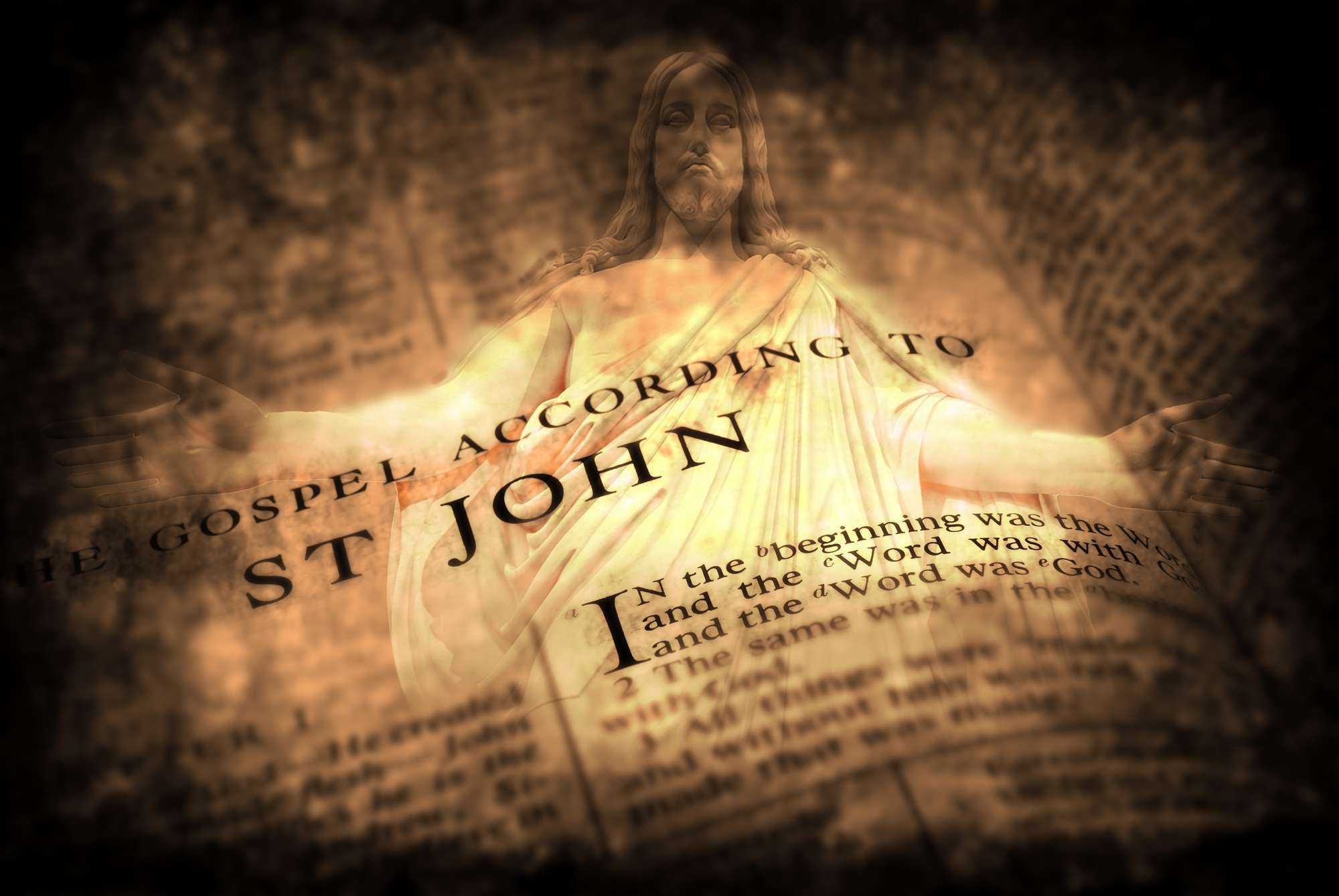BY ERROL A. GIBBS
What is human behaviour? Human behaviour is how people conduct themselves both in private and public life. “While our behavior is still significantly controlled by our genetic inheritance, we have, through our brains a much richer opportunity to blaze new behavioral and cultural pathways on short timescales” (Carl Sagan. (n.d.). Retrieved October 20, 2019, from AZQuotes.com Web site: https://www.azquotes.com/author/12883-Carl_Sagan).
Humans have blazed new pathways —philosophy, religion, and postmodern education. Notwithstanding —empirically observe the human condition through the prisms of postmodern education —the financial deficit of nations, the increase in mental illness, fear, anxiety, stress, depression, drug abuse, drug addiction, loneliness, and unfortunately —suicide. Witness the catastrophic downfall of the elites in religion, politics, and academia, as these world leaders stumble from one unmanaged crisis to another.
Every society up through the twenty-first century, from early primitive societies, to postmodern monotheistic, and theistic societies, believed that they had explicit instructions from their God or gods. The mythology of ancient Egypt embraced an extensive pantheon of gods and goddesses, but where can humankind find guidance in a complex and competitive postmodern era to ensure peace, harmony, and co-operation between peoples and nations?
Biblical literature admonishes, “Train up a child in the way “he” should go: and when he is old, he will not depart from it” (Proverbs 22:6). The writer is making a transactional statement that training is essential for predictable outcomes in human behaviour. The family then becomes the second ecosystem in which things can go right or wrong —but who are these offsprings?
They are judges, lawyers, scientists, engineers, doctors, nurses, bankers, principals, teachers, carpenters, and bricklayers. They are oppressors and oppressed. They all have roots in the family foundation. From the moment a child is born, he or she begins to experience the effects of the second ecosystem. The first ecosystem is the uniquely embryonic environment of the mother’s womb.
Human behavior reflects our composite self. Outward actions suggest who we are internally, or who we have become —shaped by various ecosystems that constitute human civilization —globally. Human behavior divulges our worldview, nurturing, values, beliefs, judgments, tolerances and intolerances, and our empathies and emptiness.
Humankind has accepted, to some degree, the disastrous consequences of living in a world of independence rather than a world of inter-dependence. An inter-dependent world alone offers the most significant opportunity to manifest the best in human behavior. Apathy for world leaders and a lack of empathy for fellow beings give rise to polarization among peoples and nations, often underpinned by some inexplicable “moral alibi” for human behavior and suffering.
Behaviours such as vengeance, jealousy, prejudice, greed for wealth and power, aggression, unfair competition, and violence characterize too much of human interaction. Witness the patterns of human behavior, how consistent it is with the ecosystem engineered by the power elites. Observe the ruling class how they misuse their “spiritual mandate” of custodianship of the Earth —often mistaken for an unbridled gift of malevolent political power.
The postmodern era is a complex macrocosm of the embattled premodern and modern eras, informed by the failed postmodern political leadership. Leaders condemn the totalitarianism of the past, only to usher in a veiled form of benevolent dictatorship, which is a fragile democracy that favours one group over another in an ongoing spiral of partisanship, and greed for money and power.
Human behavior is a predicate of multiple ecosystems that nurtures the individual —spiritually, morally, socially, intellectually, and physically. These five foundational elements of human development present a higher moral understanding of human behavior than our fragile political systems that favour one group over another in an ongoing spiral of partisanship and greed for money and power.
Humankind has tried philosophy, religion, education, mysticism, cultism, humanism, spiritualism, and political systems to guide society. Western nations have come to the aid with massive expenditures in billions of dollars constructing institutions of advanced learning in the behavioural sciences such as sociology, psychology, and psychiatry.
The global justice system followed next with tens of thousands of human laws that ushered in the mass incarceration of people, undergirded by the global Prison Industrial Complex (PIC). The result is the disruption of a fragile human ecosystem of struggling families caught up in a spiral of social and economic challenges, spiraling through revolving doors of human distress.
Human beings do not have a natural inclination to seek wisdom above our natural material inclinations. Wisdom is the key to a successful life on Earth; paradoxically, it occurs in the latter stages of life. Hence, Biblical literature provides special instructions to youths, and it spells out the plentiful benefits of acquiring wisdom when one is young (Proverbs 1:1-7).
Unfortunately, there are no postmodern schools of wisdom, similar to those of ancient Egypt, where the wise shared philosophical thoughts, and borrowed wise maxims from Hebrew literature. Modern science and technology have transformed educational institutions to bastions of enlightenment —scientific as opposed to moral enlightenment. The answers that people seek —hopefully, to understand better the problems of human behavior lies somewhere between the twin towers of “moral” and “scientific” enlightenment —intrinsically linked.


 Junior Contributors1 week ago
Junior Contributors1 week ago
 Community News1 week ago
Community News1 week ago
 The Poetic Word1 week ago
The Poetic Word1 week ago
 Junior Contributors1 week ago
Junior Contributors1 week ago
 Sports1 week ago
Sports1 week ago
 Community News5 days ago
Community News5 days ago
 Community News5 days ago
Community News5 days ago
 Community News5 days ago
Community News5 days ago
























